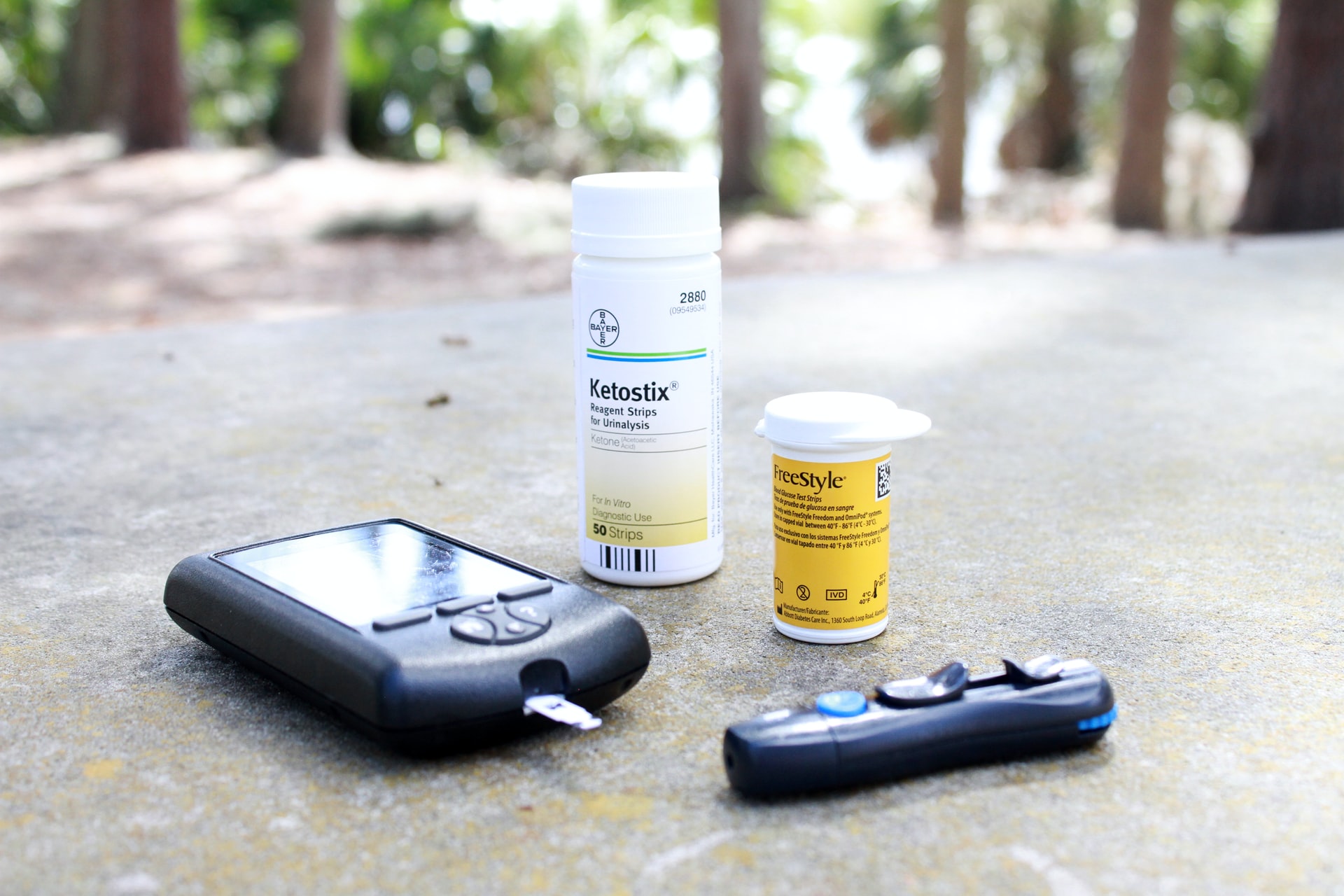World Diabetes Day is the primary global awareness campaign focusing on diabetes mellitus and is celebrated on 14th November each year.
Globally, an estimated 422 million adults were living with diabetes in 2014, compared to 108 million in 1980. The global prevalence of diabetes has nearly doubled since 1980, from 4.7% to 8.5% in the adult population.
Over the past decade, diabetes prevalence has risen faster in low and middle-income countries than in high-income countries.
Diabetes is the major cause of blindness, stroke, heart attack, kidney failure, and lower limb amputation. A healthy diet, physical activity and avoiding tobacco use can prevent or delay type-2 diabetes.
The theme for World Diabetes Day 2021-23 is Access to Diabetes Care. 100 years after the discovery of insulin, millions of people around the world still have no proper access to the care they need.
On this year’s World Diabetes Day, we tell you how to make an Advance Directive so that in case of severe illness or incapacity, your family members will not have to make healthcare decisions for you.
What is an Advance Directive?
For patients who lack decision-making capacity, the core values in the professional ethics of medicine (namely respect for autonomy and fidelity) are fulfilled by a third-party and the use Advance Directives.
Advance Directives also support continuity of care for patients when they transition across hospitals, care settings, or health-care teams.
Advance Directives, whether oral or written, are tools that give patients of all ages and health statuses the opportunity to express their goals for care and treatment preferences to guide future decisions for health care.
Advance Directives also allow patients to identify who should make health-related decisions on their behalf when they cannot do it themselves. This makes sure the physicians and surrogates respect the patient’s health-related preferences when the patient is at a stage where they can no longer make these decisions.
Remember: An Advance Directive never takes precedence over the contemporaneous wishes of a patient who still has a decision-making capacity.
In the Saturday Evening Post’s article titled ‘How Doctors Die’, Dr. Ken Murray says almost no sick or elderly person gets well after a Cardiopulmonary Resuscitation (CPR). Out of hundreds of patients he treated in the Emergency Rooms who had CPR, only one walked out of the hospital. The patient who walked away had no heart problems. A few others might have left the hospital, but to only end up at nursing homes where they eventually passed away.
According to Dr. Murray, if the patient on whom CPR is performed is young and healthy, then they have a fair chance of survival. If a patient is sick or elderly, the chances of survival are low.
The emergency medical care procedures like CPR that might only result in higher medical bills and death of the patient can be an emotional as well as financial burden on the patient’s family members. To avoid this, it is suggested to put your emergency medical care procedures and other health-care decisions in case of your incapacity in writing and designate a trusted agent to carry out these wishes.
Types of Advance Directives
There are two primary kinds of Advance Directives:
- A Living Will spells out your preferences for certain kinds of life-sustaining treatments in case of emergencies. For example, you can state whether you want CPR to be performed, feed-tube or mechanical respiration procedures in case of emergencies and severe illness.
- A Power of Attorney to make decisions on your behalf in case you are unable to speak for yourself. In case of severe illness or incapacity, you can choose a trusted agent to act as your Power of Attorney and let them make decisions related to your health or finances on your behalf. You can appoint one individual to act as your Financial Power of Attorney and another for Medical Power of Attorney.
A Power of Attorney is more flexible as it is impossible to predict what medical-related decisions might come up in the future. So it becomes difficult to predict what kind of medical care you might need in such situations.
You should only assign someone as your Medical Power of Attorney if you trust they are emotionally capable of making health-related decisions on your behalf. For example, your spouse or children might find it painful to comply with your decision to not perform CPR or insert a feeding tube in case of emergencies.
What decisions go into a Living Will?
Things to think about while making a Living Will:
- Do you want all available pain relief options, even if their side effects hasten your death?
- Which life-sustaining do you want or not want? Life-sustaining options include mechanical respiration, CPR, antibiotics and tube feeding. If you want to opt for any of these, mention how long these should be continued in case there is no improvement in your condition.
- Do you want life-support to be removed in case you are found to be irreversibly brain-dead? Or, do you want to be put on life-sustaining options until your heart stops on its own?
- Do you want to donate your organs after death?
- What kind of funeral, cremation or burial preferences do you have?
Things to think about while choosing a Medical Power of Attorney
If you decide to choose a Medical Power of Attorney, here are some things to think about:
- Choose someone who is not intimidated by medical professionals and is willing to ask challenging questions
- Choose someone who understands and respects your wishes about medical options and end-of-life care.
- Choose someone who can put aside their feelings about the decisions you have made about your health-care procedures and make sure your wishes are carried out.
Make it Legal
Whether you choose to make a Living Will or an Advance Directive, you will need to make these decisions legally binding, in writing. There are state-specific forms for these and you do not need an attorney to prepare them for you.
Download the forms relevant to your state. You will generally need to have your form witnessed and/or notarized, so take note carefully what specific requirements of your state.
Once you complete your Advance Directive, make sure your family members, attorney, family physician, hospital and your hospice or palliative care team are aware as well as have a copy of it.
Our brain is wired not to think about death. But letting our family members know what kind of medical treatments and procedures we would want or not want in case of severe illness or incapacity can help them make the right choice for you on your behalf when the time comes.




